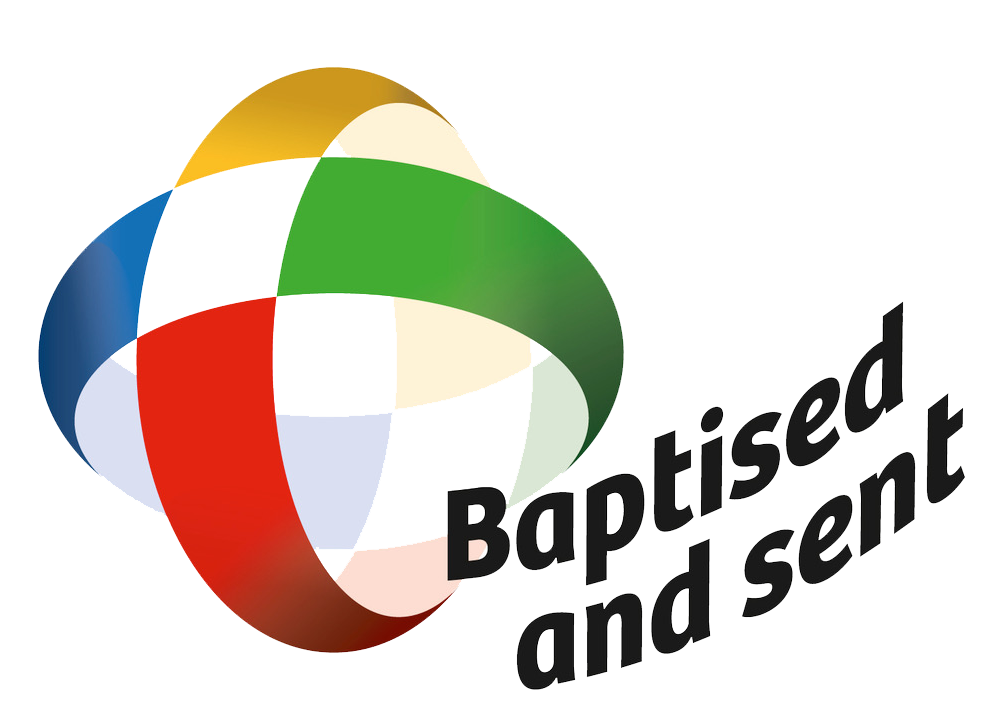
"Akamasoa" in Madagascar: Help the Poor to Help Themselves with Their Own Strength
“Akamasoa" is the result of the work carried out in Madagascar by Fr. Pedro Opeka CM since 1989. Father Opeka, who origins from a Slovenian family emigrated to Argentina in 1945 to escape the persecution of Christians, explains that “living in Akamasoa means to embark on a journey to recover one's own dignity, become responsible and respected people, start a new life of work, education and discipline, accepting to live in the Truth and fighting every day for justice.”
"Akamasoa" was officially recognized by Madagascar in 2004 as a relevant project of public service, and the results achieved thus far are remarkable. According to the figures, the beneficiaries of this social project have been 25,000 people. They live in the villages included in the project, where there are dispensaries, workplaces for adults and schools offering educational opportunities to 13,000 children. Every year, 30,000 poor people are supplied with food, medicine and clothes, and to date 3,000 new houses have been built.
The implementation of "Akamasoa" began in 1989, when Fr. Pedro Opeka was called by his superiors to Antananarivo, the capital of Madagascar, to form seminarians. Fr. Opeka, a spiritual son of St. Vincent de Paul, understood at that time that the poor must receive attention where they live, in order to "help them help themselves." Hence the birth of "Akamasoa," which means "good friend," a city where the inhabitants do not live by assistance, but by what they can create. Fr. Opeka saw young and elderly people living in a landfill, digging through rubbish to find food and sustenance. He also saw that near the landfill there was a granite quarry and realized that anyone who was willing to work could produce bricks, pebbles, tiles and gravel to sell to construction companies in return for a small wage with which they could buy rice and feed their families. And so, under the direction of Fr. Pedro Opeka, the people of the landfill joined together and began to see a glimmer of hope through their work. Today, "Akamasoa" is a reality which was made possible thanks to the help of everyone, but it does not want to be an isolated project. Rather, "Akamasoa" aims to be an example to be followed in other parts of the world.
Fr. Opeka says that "Akamasoa is based on joy, brotherhood, work, fight and, most importantly, the happiness of our children, who used to live an inhuman life in the landfill and they are now real children.” And he adds: " I will never fail to mention the Sunday Mass, which is a true celebration for all the people because everyone partakes in it: we all pray, we dance, we sing in communion – it is an expression of gratitude to God for all the help he gave to this people of good will. There is no magic formula to help the poor. In each country, culture and civilization, there will always be different gestures and approaches, but these must all be dictated by love. When we are moved by love, we know that we have chosen the right path."
